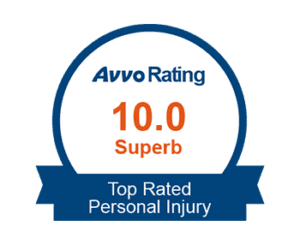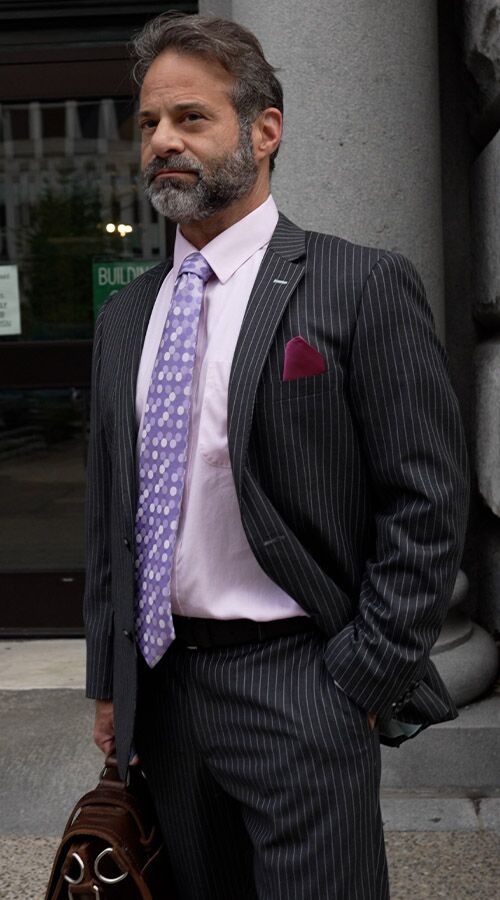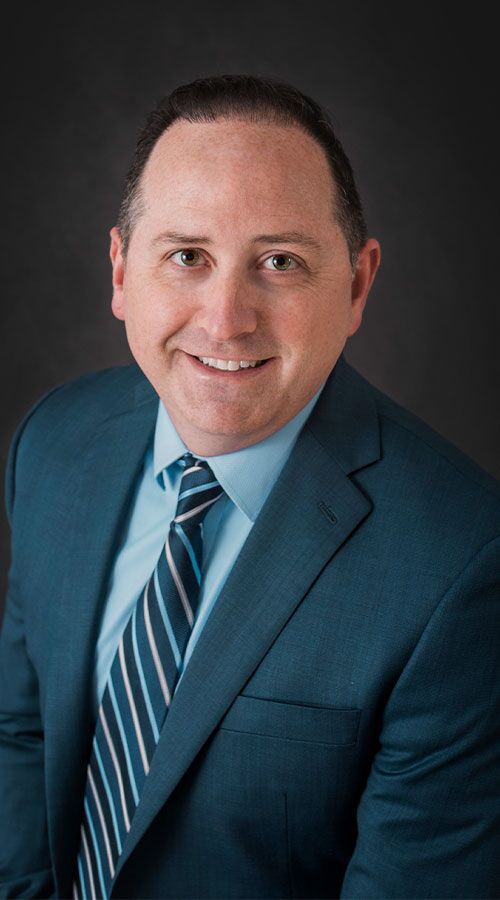Rideshare services like Uber and Lyft have changed travel in New York. They offer a convenient way to get around without driving. However, the number of accidents involving these services has also increased. After such an accident, things can get confusing and stressful. There could be injuries, property damage, and questions about who is at fault. A key step is gathering evidence. This helps clarify what happened and ensures accountability. Evidence is crucial for showing the facts and supporting compensation claims. Without it, proving the case and getting fair compensation becomes difficult.
In rideshare accidents, collecting evidence can be tricky because multiple parties might be involved. This includes the rideshare driver, passengers, other drivers, pedestrians, and cyclists. Each party may have a different story. Solid evidence is necessary to find out the truth. Gathering evidence right after the accident is vital. It helps keep details that might be forgotten or lost. Photos, witness statements, and police reports provide clarity. New York’s laws on accidents and rideshare services are complex. So, collecting evidence quickly is even more important. Well-collected evidence helps clarify fault, document injuries, and secure fair compensation. This guide will explain the importance of evidence and what types are needed after a rideshare accident in New York. At, The Nicotra Law Firm, PC, we are here to guide you through the legal process and help you navigate the complexities of your case.
Why Evidence Matters After a Rideshare Accident
After a rideshare accident, the situation can be confusing and overwhelming. You might face injuries, medical bills, and lost income. Figuring out who is at fault can be complicated due to multiple parties involved. This includes the rideshare company, the driver, and other vehicles. Insurance companies and rideshare companies aim to reduce their liability. They often try to limit their payouts. Evidence is vital for proving what happened. It shows who caused the accident and the extent of injuries and damages. Without evidence, backing up your claim and securing deserved compensation becomes challenging.
Evidence is crucial not just for determining responsibility but also for showing the accident’s impact on your life. For example, medical records prove physical harm, while repair estimates document property damage. This evidence strengthens your claim. It can be presented to insurance companies or in court. Insurance companies rely on hard evidence for claims. Without enough evidence, they might reduce or deny claims. Having solid evidence is key to a successful claim and avoiding financial struggles.
Types of Evidence Needed After a Rideshare Accident
Several types of evidence can help in a rideshare accident case. Photos are among the most crucial. After an accident, taking photos is essential. This includes pictures of vehicles, injuries, and the scene. These photos capture the moment right after the accident. They provide a record of damage and conditions. Photos also show road conditions, weather, and visibility, which might be relevant. This type of evidence is hard to dispute.
Witness statements are also important. People who saw the accident can provide unbiased accounts. This is especially helpful when there’s disagreement about fault. It’s a good idea to get contact information from witnesses. Their statements can support your case. This adds credibility, especially when drivers or passengers have conflicting information.
The police report is a critical piece of evidence. When police arrive, they document the scene and create a report. This includes details about the accident, names, and any citations. Police reports are official documents and carry a lot of weight. They often summarize the police’s view of the accident, supporting your claim. Getting a copy can be very helpful.
Medical Records and Bills as Essential Evidence
After a rideshare accident, seeking medical attention is common. Medical records are vital as they prove injuries from the accident. Even minor injuries can become serious. Visiting a doctor soon after and keeping records is crucial. Medical bills show the financial impact. These include X-rays, prescriptions, and notes. They demonstrate the severity of injuries and recovery costs. This information is key for determining compensation.
Medical records and bills highlight the accident’s impact on health and well-being. If you have ongoing pain or therapy needs, these records strengthen your case. Without medical evidence, proving the extent of injuries is hard. Keeping a record of treatments and plans is essential for claiming compensation for long-term effects.
Preserving Evidence for a Rideshare Accident Claim
Preserving evidence is crucial in a rideshare accident case. Many types of evidence can be lost if not collected quickly. Witness memories fade, photos lose detail, and injuries heal. Keeping records is key. This includes bills, estimates, and personal accounts of the accident.
Organizing evidence is also important, especially for court cases. Keeping records of conversations and storing evidence properly makes it easier to present when needed. The effort in preserving evidence strengthens your claim.
How a Lawyer Can Help in Gathering and Using Evidence
A lawyer can assist in gathering evidence after a rideshare accident. They know what’s needed and how to collect it. They can help get police reports, contact witnesses, and ensure medical records are complete. Lawyers are experienced in dealing with insurance companies. They know how to present evidence and negotiate for fair compensation.
If a company tries to reduce liability, lawyers know the tactics. They offer advice on how to respond. Legal guidance is valuable for understanding what evidence is needed. Lawyers ensure everything is collected and preserved correctly. They advocate for your rights and fair compensation.
Related Videos
How should I choose a personal injury attorney for my claim?
Insurance companies dirty tricks
Challenges in Collecting Evidence After a Rideshare Accident
Gathering evidence is crucial but often tough. After an accident, people may be too shaken or hurt to think about it. Accident scenes can be chaotic, making it easy to overlook evidence. Rideshare accidents, involving multiple parties, add complexity. This can delay identifying responsibility, especially with conflicting statements. Such delays can affect evidence quality and availability.
Rideshare drivers may avoid sharing information or admitting fault, fearing for their jobs or higher insurance rates. Similarly, rideshare companies might downplay incidents or shift blame. This makes it harder for victims to get necessary details. Rideshare companies have electronic records, like GPS data and trip logs. Accessing these records often requires legal help, as companies are reluctant to share them. Lawyers can request these records, ensuring all evidence is available.
The Role of Digital Evidence in Rideshare Accidents
Today, many rideshare trips are documented digitally. Each Uber or Lyft ride has a log with key details like locations, driver, and timing. This data is vital in understanding accidents, showing vehicle speed and location during incidents. Rideshare cars often have GPS that tracks routes and speeds. This information is crucial in determining accident causes. For instance, it can show if a driver was speeding, linking it to the accident. Communications between passengers and drivers in the app are also key. This includes texts, alerts, and complaints.
Getting digital evidence from rideshare companies can be tricky. Companies often protect this information, especially when a driver might be at fault. Therefore, legal support is essential. Lawyers can formally request access to these records and ensure all data is provided. Digital evidence, combined with other evidence, offers a full picture of the accident.
What to Do if You Cannot Gather Evidence Yourself
If you’re injured or in shock after a rideshare accident, you might not collect evidence. But others can help. Friends, family, or bystanders can take photos and gather witness info. Responders and police also collect details and make reports. Police reports are reliable sources of information, including vehicle details, witness statements, and fault assessments.
In serious accidents, contacting a lawyer quickly is crucial. They can gather missed evidence, such as witness statements, video footage, or digital records. Lawyers have resources and access that individuals don’t, ensuring essential evidence is obtained.
Understanding Insurance Coverage in Rideshare Accidents
Rideshare accidents in New York involve complex insurance issues. Rideshare drivers have different policies based on their activity. When a driver is active and has a passenger, the company’s policy usually applies. This covers medical expenses, lost income, and damages. But if the driver is off the app or hasn’t accepted a ride, personal insurance kicks in.
Determining the right policy requires examining the driver’s status and accident details. Evidence like trip records helps establish coverage. The complexity of these policies can confuse victims. Insurance companies might deny responsibility or reduce payouts. Clear evidence is key in these cases.
Why It’s Important to Act Quickly After a Rideshare Accident
Time is vital in gathering evidence after a rideshare accident. Delays make it harder to collect evidence. Witnesses become difficult to find, and memories fade. Physical evidence may be removed. Digital records might not be kept forever.
Acting quickly preserves evidence. If you’re unable to gather evidence, contacting a lawyer right away is crucial. They can preserve evidence, reach out to witnesses, and request records. Quick action is key to a strong case and fair settlement.
After a rideshare accident, gathering evidence is vital to protect your rights and seek compensation. If you or a loved one has been in a New York rideshare accident, The Nicotra Law Firm, PC is ready to help. Our team understands the unique challenges and guides you through the process. We offer support, legal knowledge, and representation to build a strong case. Contact us today to protect your rights and start your recovery journey.








